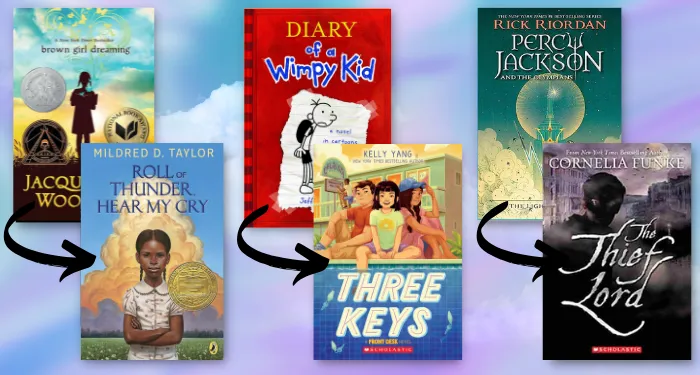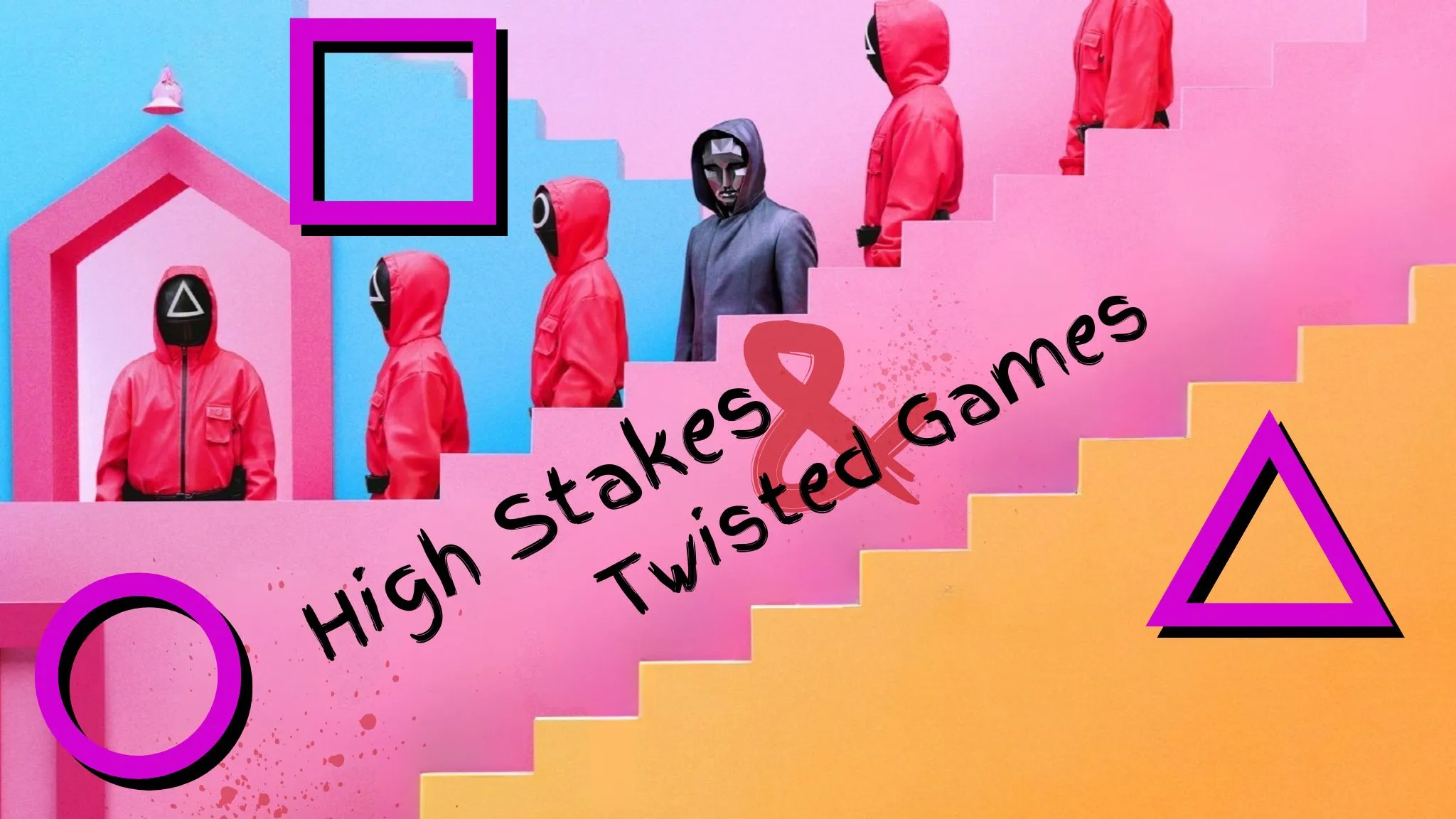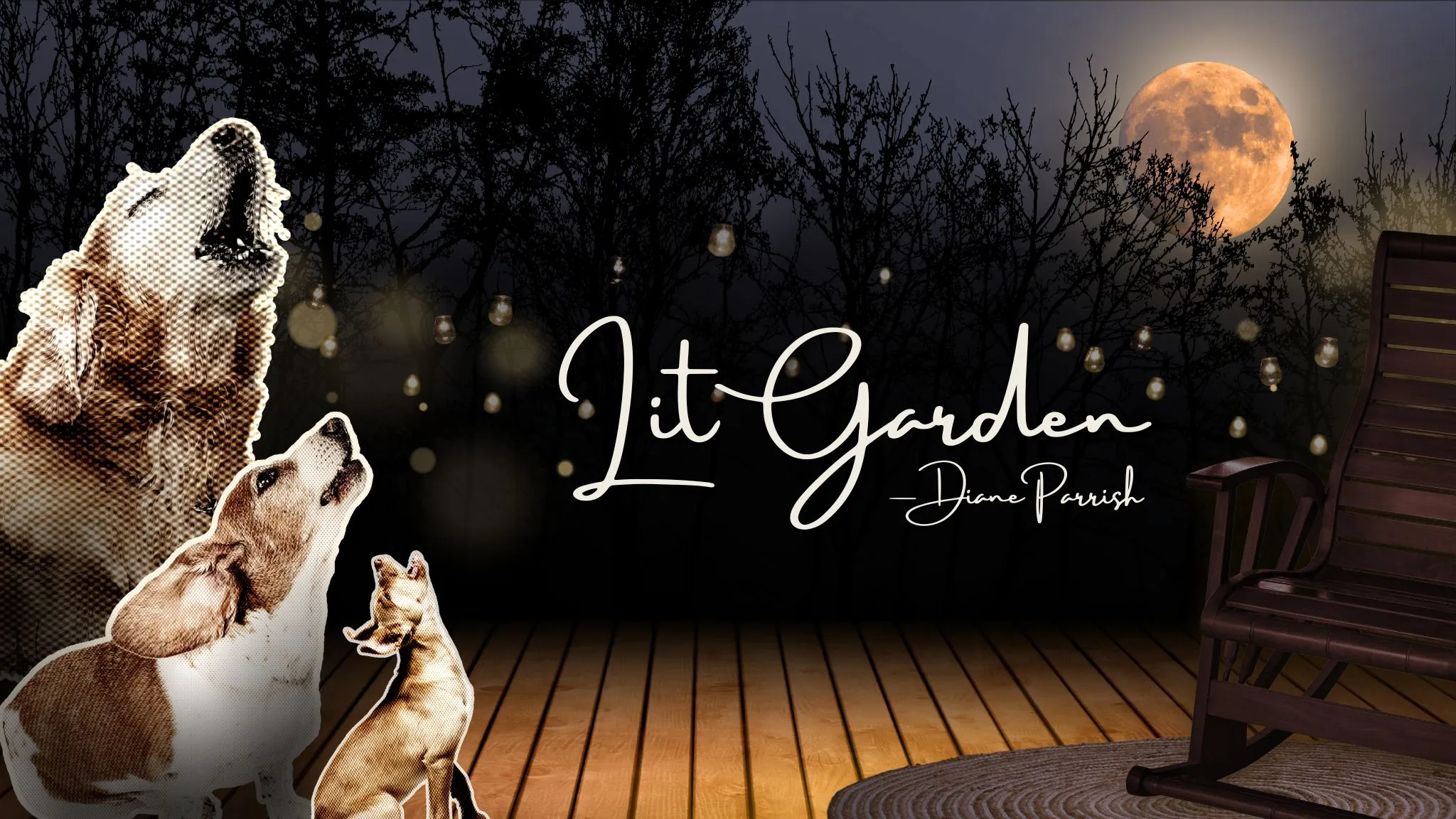At eighty-one, the British filmmaker Mike Leigh shows few signs of wanting to retire so long as he can find funding for his projects. This has always been a tricky business because of his working method: he never has a script to show potential investors and often doesn’t even know what a movie will be about before preproduction begins. During months of rehearsal prior to filming, he develops characters one by one with his actors, who base their creations on people they know. Next he puts the characters together, devising scenarios for improvisation, with the strict condition that an actor cannot know anything their character wouldn’t know at that particular point in the story. He then writes out a list of scenes, which he uses as a roadmap during filming. On set, changes or additions may be made to account for the characters’ surroundings. Nothing is finalized until just before the cameras start rolling.
Leigh has called himself a “benevolent despot” because he alone decides what material from the improvisations makes it into the films, but the films themselves reflect a radically democratic belief that every character has a claim on our attention. Much of his best work—especially his Thatcher-era masterpieces Meantime (1983), High Hopes (1988), and Life Is Sweet (1990)—treats characters as part of a wide, contentious community, any member of which can rise or fall in importance at a given time. That belief in the fundamental worthiness of all his characters is also evident in his career-long focus on working- and lower-middle-class people: house cleaners, line cooks, mailmen, nurses, cab drivers, the unemployable.
Even his films with more traditional lead roles—such as Bleak Moments (1971), Naked (1993), and Happy-Go-Lucky (2008)—are richly populated on their peripheries. Actors playing tiny parts must devise elaborate biographies, too, which are sometimes developed to an absurd degree. For Nuts in May (1976), Eric Allan spent three weeks working on a quarry for a few shots in which his character chips stone; Matthew Guinness, who appears in one scene as a farmer relaxing on a tractor, showed up hours late to rehearsals because he was milking cows. For Naked, Leigh and his production designer gave names and backstories to two characters whose flat is the only thing we see of them.1
Leigh’s process allows him to fill his movies with the quirks, distractions, and small devastations that make up daily life. This doesn’t mean the films are lifelike: they have clear (though frequently understated) dramatic structures, and they tend to veer into farce and melodrama, often at the same time. Still, he insists that his work is drawn from life, in the way an artist draws a model from life, and over five decades he has assembled impressive illusions of reality’s messiness.
Hard Truths, Leigh’s new movie and his twenty-third full-length work for the screen, follows the basic pattern of many of his earlier ones: parallel groups—in this case, the families of two sisters of West Indian descent (Marianne Jean-Baptiste and Michele Austin) living in London—come together for a celebration. But this film, perhaps more so than any other by him, is overwhelmingly ruled by a single character. Pansy Deacon, played brilliantly by Jean-Baptiste, has the monumental rage and ferocious energy of King Lear. She is a woman in deep pain, the cause of which seems to be the fact that other people exist, and she is determined to belittle and silence them. Although Leigh’s families are typically sites of crosstalk and chaos, only Pansy’s voice dominates in her household. Her husband, Curtley (David Webber), and their twenty-two-year-old son, Moses (Tuwaine Barrett), barely speak lest they set her off on a tirade. Jean-Baptiste has created a character so tyrannical that the rest of the cast hardly seems to be living in Leigh’s usual noisy democracy. This may be the chilliest, sparest film he has ever made.
*
Hard Truths is Leigh’s first feature to be set in the present day since Another Year (2010), about a married London couple in late middle age and their two self-sabotaging single friends. (He followed it up with a biopic of the painter J. M. W. Turner and a historical drama about the 1819 Peterloo Massacre.) It’s also his first to star Jean-Baptiste since Secrets and Lies (1996), which won the Palme d’Or and got her a Best Supporting Actress nomination at the Academy Awards. There she played Hortense Cumberbatch, a young optometrist who, after the death of her adoptive Barbadian mother, contacts her white birth mother, Cynthia Purley. Austin played Hortense’s friend Dionne, who appears in only a single scene, though it’s a crucial one. In much of the film Hortense is brave and composed, in contrast to the dysfunctional Purleys, who break down when they learn of her existence. With Dionne, Hortense briefly shows vulnerability and a wicked sense of humor that she mostly hides from her newfound white family.
Jean-Baptiste and Austin had previously been cast as sisters in Leigh’s stage play It’s a Great Big Shame! (1993), Austin as the surly Joy and Jean-Baptiste as the more optimistic Faith. Now, in Hard Truths, Austin is the good-humored sister, Chantelle, a hairdresser. She deals intimately with people’s hopes and fears. One of her clients complains about her cheating partner, who has impregnated a woman for the third time in the course of their relationship, while another, a woman in her fifties, is nervous about going on what could be her first date in years.
Chantelle understands people and, unlike Pansy, is not upset by her lack of control over them. Her two adult daughters, Kayla (Ani Nelson) and Aleisha (Sophia Brown), live with her even though they both have office jobs and could probably afford to move. But what would be the point? They’re single and get along well with their mom, who doesn’t mind when they get back at three or four in the morning after a night of clubbing.
In the second half of the film Chantelle’s and Pansy’s families meet for an eventful Mother’s Day lunch, but in the first half they’re mostly presented side by side. Whereas Chantelle’s apartment is full of light, with plants teeming on the balcony, Pansy’s house is cold and sterile, like a corporate hotel. She hates disorder and the outdoors, panicking at the sight of a fox in the backyard. She reacts violently to surprises, and whenever she springs awake the sound of her movements is inordinately loud in the mix, like a jump scare in a horror film. (Gary Yershon’s modernist score for chamber ensemble establishes a general sense of unease.)
Pansy spends her days cleaning the house and berating Moses, who is unemployed; he avoids her by shutting himself in his room or going for long walks. When he leaves a banana peel and dirty knife on the kitchen island, she sees it as confirmation of his uselessness, brandishing the peel as she barges into his room: “I can’t believe you’re willing to lie there rotting your life away.” Barrett conveys Moses’s hateful fear of his mother with a deadpan stare, though if that weren’t clear enough, he gives Pansy the finger after she shuts the door behind her.
Curtley and Pansy’s marriage appears to be entirely transactional: he seems to expect nothing from her besides a clean house and a hot dinner. There are no traces of love between them, no sign that they ever saw each other as anything but a nuisance. Curtley, a plumber, returns from work one evening and walks through the house to his backyard shed without taking off his shoes, despite knowing how Pansy will react. She calls him out and delivers an eloquent harangue:
I know exactly where you’re going. You’re going out there into that god-forsaken wilderness, digging about in your useless bits and pieces in that rat-infested hovel of yours, stepping in disgusting swill doo-doo and rancid bird droppings so you can traipse them back in through onto my kitchen floor.
Like Barrett, Webber conveys Curtley’s feelings toward Pansy wordlessly and stiffly, as if he were afraid of speaking or showing emotion around her. Hard Truths was the last film shot by Leigh’s longtime cinematographer, Dick Pope, who died in October, and it contains some of his most sensitive work, capturing Curtley’s disappointment, incomprehension, and terror in a few blank expressions.
Chantelle is the one family member who seems able to have a normal conversation with Pansy—and to push back against her. But she too gets chastised. Pansy complains that she’s the one who maintains their relationship, bizarrely thinking that asking Chantelle for favors is a nice, sisterly thing to do: “I have to call you and say, ‘Oh, Chantelle, my hair needs doing. Oh, Chantelle, me back is hurting. Can you pick me up a couple of things from Kilburn?’”
Pansy’s wrath isn’t limited to her family. When she runs errands one afternoon at a furniture store and a supermarket, she yells at seven people: a couple whom she accuses of moving indecently on a floor-model sofa, a salesperson who has the nerve to ask if she needs help, an already upset man in the parking lot who wants to know if she’s leaving her spot, a cashier at the grocery store who looks too glum, and the two women behind her in line who tell her to leave the cashier alone. The sequence of fights verges on the madcap, formulaic showdowns of Curb Your Enthusiasm, but it shows Pansy’s talent for goading and diminishing others. Here she is after one of the customers at the supermarket, a lanky white woman, asks Pansy and the other customer to stop screaming at each other:
Pansy: You can pipe down and all, standing there like an ostrich.
Woman: Oh, shut up.
Pansy: Don’t tell me to shut up.
Woman: I am telling you to shut up.
Pansy: You shut yourself up with a burger. You look like a piece of string.
Pansy joins a line of Leigh misanthropes that includes the rulebound Keith in Nuts in May and Scott, the petty dictator of a driving instructor in Happy-Go-Lucky. We all know their type: people whose outraged reactions to minor infractions are much more disruptive than the infractions themselves. Keith and Scott occasionally become genuine threats, though they’re essentially comic, pathetic figures: their insecurity makes them cling to neat prescriptions and lash out at those who don’t police themselves as strictly as they do. Pansy too can be quite funny when she gets on her high horse, complaining about the man in their neighborhood who puts a coat and booties on his dog (“Why’s the dog got on a coat? It’s got fur, innit?”) and a woman who dresses her “fat baby” in an outfit with pockets (“What’s it gonna keep in its pocket? A knife?”). But we laugh because she’s right, not because she’s being pitiful or ridiculous. Pansy’s attacks are too nimble for her to come off as a blustering fool.
*
Why is she like this? There are plenty of hints. Curtley sees her primarily as his maid. She’s worried the police will harass Moses because he’s Black, though that’s the only race-related concern she mentions explicitly. She complains of many physical ailments: “Chronic migraine ringing in my ears. Stiff jaw. My teeth are killing me. I’ve got muscle aches, spasms. My belly’s running.” Jean-Baptiste prepares us for Pansy’s eventual breakdown by showing flickers of fear and doubt beneath her aggression. She seems alarmed by her own behavior, sneaking out of the furniture store when the saleswoman, at Pansy’s insistence, goes to get her manager and collapsing in exhaustion when she returns home. She’s worse than usual, but probably not much worse. Her family has obviously been coping with this for decades.
When Pansy’s façade finally cracks, Hard Truths turns from a portrait of two families into a psychological drama. On Mothers’ Day, before the family lunch, Pansy goes with Chantelle to the grave of their mother, who died five years earlier. Chantelle asks Pansy to help her clean the tombstone, but Pansy feels she owes their mother no favors. She reveals that she resented having to help raise Chantelle after their father abandoned them, and she’s still jealous over how their mother treated Chantelle, who Pansy thinks had it easy:
Even in death she chose you. I was the one who had to go round there and find her lying stiff in the bed, her two dead eyes staring at me, accusing, disappointed. “Oh, Pansy, what’s wrong with you? Why can’t you go outside and play? Why can’t you make friends? Why can’t you enjoy life?”
Half to herself, she repeats, “Haunted, haunted.”
After the cemetery visit, at Chantelle’s, the sisters are shaken, and the lunch is ruined before it begins. Out of earshot from the rest of the family, Pansy admits to Chantelle that she married Curtley because she didn’t want to be alone, as their mother was. Now she’s convinced that Moses and Curtley hate her—that everybody does—but when Chantelle tries to convince her to leave her family and start fresh, she refuses. Being alone is just too at odds with the person she thinks she has to be.
Back in the living room, Kayla and Aleisha try to clear the air by making Moses tell Pansy that he bought her flowers for Mother’s Day. At first she finds this belated gesture of filial affection funny (what good could it do?), but her laughter turns into tears. At home she frantically puts the flowers in a vase, as if to preserve the illusion of a loving family life. Curtley tosses them into the backyard, the “God-forsaken wilderness” that horrifies her. Maybe they’re too painful a reminder of the warmth missing from their relationship, or maybe he’s just saving her the trouble of throwing out these intrusions from the natural world.
During the lunch, Kayla complains to Chantelle about Pansy: “She makes everything about her.” That goes for the movie as a whole. We see little of the other characters apart from her, and what we do see feels perfunctory. (At ninety-seven minutes, Hard Truths is Leigh’s second-shortest feature.) Chantelle, like Curtley and Moses, primarily exists in Pansy’s shadow, while Kayla and Aleisha, the film’s most vibrant characters (and the ones most independent from Pansy), eventually fall under it too. We get a scene of each of them at work, and a scene of Kayla lying to Aleisha about a disastrous presentation. Does she feel competitive with Aleisha and want to save face, or is she trying to spare Aleisha from having to console her for something she’s not all that upset over? Their relationship isn’t developed, and after they cross paths with Pansy, they disappear from the film.
Jean-Baptiste is magnificent, imbuing Pansy with a live intelligence and visceral presence. But it’s not quite enough to compensate for the film’s narrow focus on Pansy’s suffering. Viewers familiar with Leigh’s work might have expected him to offer a substantial counterpoint to her breakdown, a stronger sense of other lives with their own difficulties and joys. That panoramic approach is what turns the sometimes maudlin or trite threads in Secrets and Lies, Life Is Sweet, and other films into complex human comedies. Hard Truths could have been much richer if Leigh had treated Pansy with more of his usual ironic detachment, setting her personal catastrophes against the background of an unruly world. Instead of challenging her self-centeredness, however, he seems to have been overpowered by it.
It’s to his credit that Hard Truths ends without a resolution. Rather than leave, Pansy kicks Curtley out of their bedroom, dumping his clothes in the hallway and making him sleep on the couch. The next day he returns home from work after suffering a possibly career-ending back injury. We don’t see whether Pansy goes downstairs to help him or whether she stays shut up in her room. Reconciliation seems impossible at this point, but so does the prospect of Pansy striking out on her own. In the cemetery she tells Chantelle that she wants her life to be different but also that she’s “so tired…. I just want to lie down and close my eyes.” There may be no escape for Pansy, just the pleasure of raging against her lot from time to time.






















 English (US) ·
English (US) ·